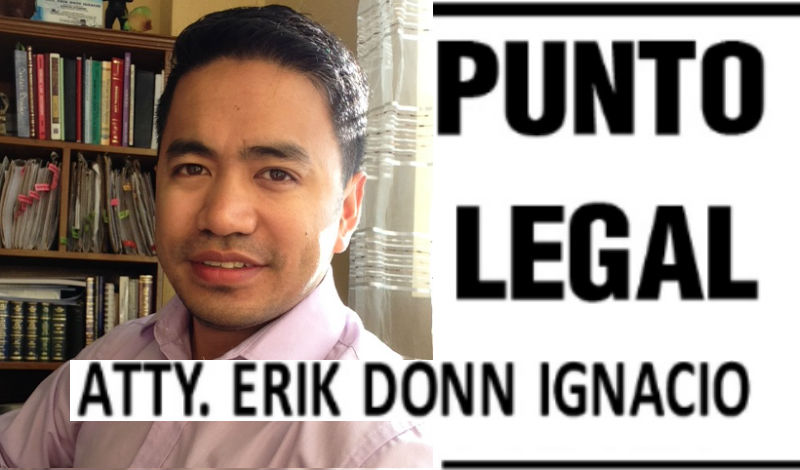“The law may be harsh, but it is still the law.” So goes the English translation of the now very popular legal maxim. When the implementation of some laws or rules appeared to have been selective, people were quick to demand for the full imposition even to those who occupy the higher echelons of society and government. The conduct of a “mananita”during the birthday of the Chief of the National Capital Region Police draw much criticism even from some individuals sympathetic to the administration. The arrest and imprisonment of violators of quarantine protocols necessarily came under fire because “high level” violators such as Senator Pimental and Undersecretary “Mocha Uson” were not subjected to arrest and detention. Some legal minds expressed their concern that the seemingly unequal treatment of law violators will degrade the people’s respect of the laws and the justice system as a whole. Is the popular perception on the meaning and use of this maxim correct?
Inchong vs. Hernandez
The case of Inchong is a landmark case back in 1957 and is a good demonstration of this legal maxim. Inchong was a Chinese national but residing in the Philippines engaged in retail business. R.A. 1180 “An Act to Regulate the Retail Business” nationalized the retail business reserving the same to Filipinos only and prohibited aliens from engaging in the same. Inchong felt that the law is unfair to non-Filipinos just like him because “it denies to alien residents the equal protection of the laws and deprives of their liberty and property without due process of law” (G.R. No. L-7995 Inchong vs. Hernandez May 31, 1957). He questioned the constitutionality of R.A. 1180 before the Supreme Court on this question among other issues. The Solicitor General countered that the law is valid and constitutional and it is a valid exercise of police power for the protection of the citizens of the Philippines. Aliens or non-Filipinos appear to be dominating the economy during that time and there is a looming threat of dominating the economy of the country. This was the main reason for the enactment of the law.
Harsh but Valid
Prohibiting people from engaging in a business which is their main livelihood is equivalent to deprivation of property. It is harsh and cruel especially if it is the only means of livelihood that they know and have engaged in for many years. Unfortunately the Court cannot invalidate a law based on this alone. Yes, it may be harsh or cruel but it passed the tests it was subjected to. It was a valid exercise of police power because aliens are almost in control of the retain business. The Philippines had to be protected from control by aliens. Citizenship is a valid form of classification and prohibiting all non-Filipinos from engaging in retail business is valid. In justifying its decision, the Court said “…the legislature, which is the constitutional repository of police power and exercises the prerogative of determining the policy of the State, is by force of circumstances primarily the judge of necessity, adequacy or reasonableness and wisdom, of any law promulgated in the exercise of the police power, or of the measures adopted to implement the public policy or to achieve public interest.” The SC added: “…courts are not supposed to override legitimate policy, and courts never inquire into the wisdom of the law.” Courts have no other option but to apply the provisions of law and they cannot allow themselves to be influenced by its perceived harshness since it will be an inquiry into the wisdom of the law which it cannot do. This is the very essence of “dura lex, sed lex”. Since Courts are “prohibited” from examining the wisdom or reason for the enactment of the law, they will have to apply it even if the provisions appear to be “harsh”.













